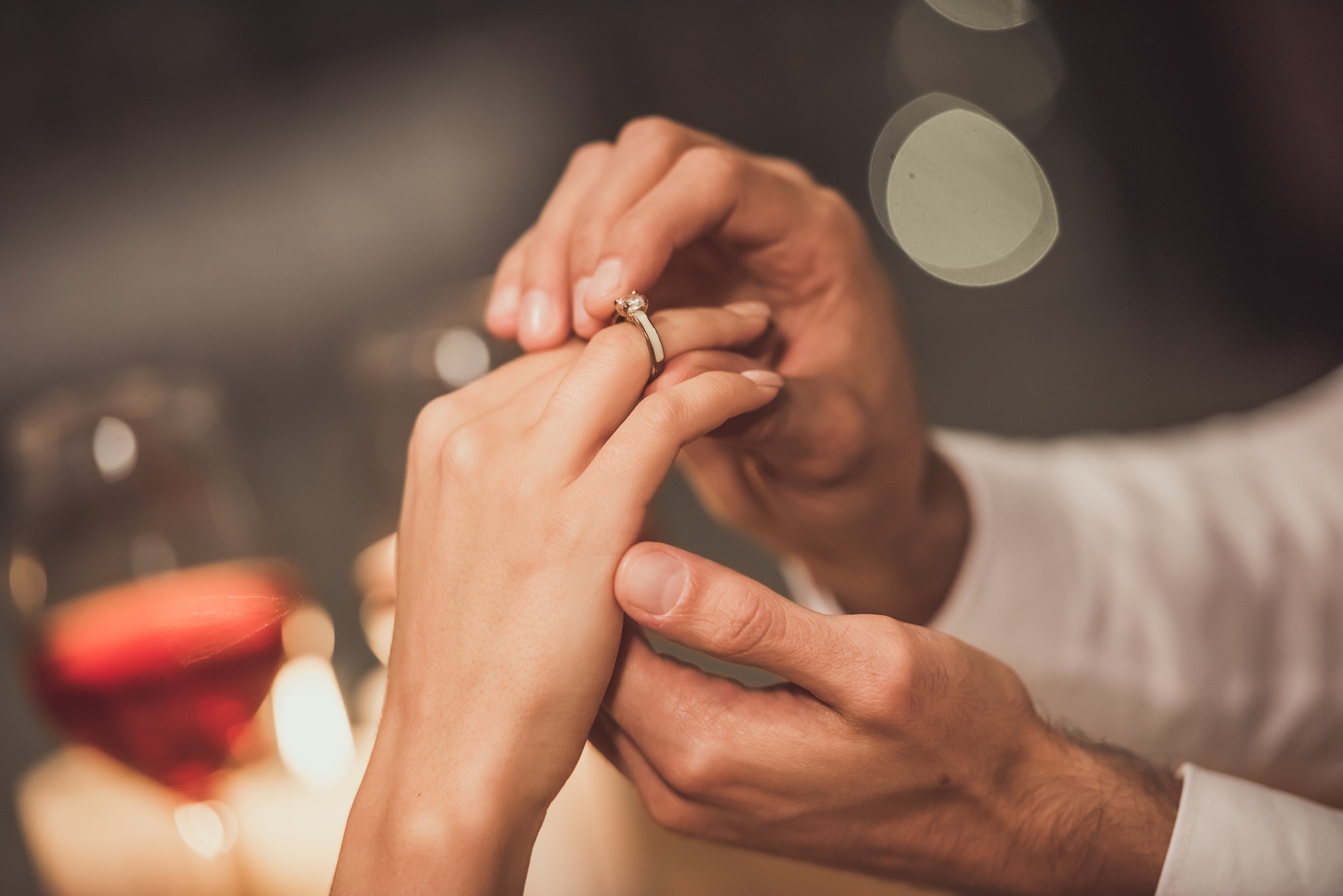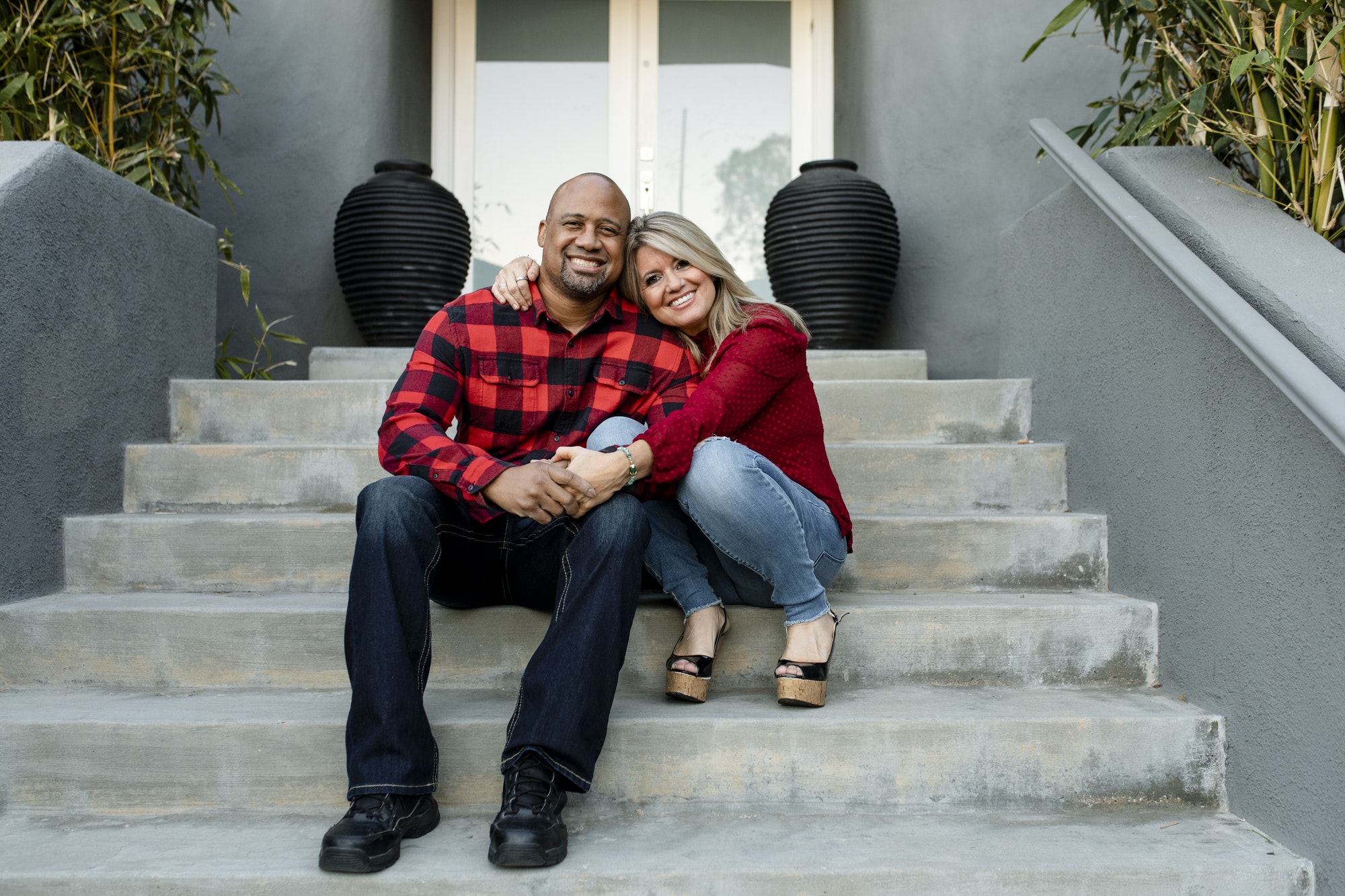

As someone who has dedicated their life to helping people build solid, happy relationships that withstand the test of time, I have worked with many people who struggle with codependency. It’s one of those things that can slowly creep into a relationship and undermine its foundation until the relationship ends up falling apart. My goal is not to scare you by saying that, it’s simply to highlight the importance of guarding against it in your relationship with the person you love.
In today’s article, I wanted to go over the various signs of codependency, where it comes from, and what you can do about it! Even if you spot some of the signs I’m about to go over, I don’t want you to panic. There are ways to turn this around and develop a more confident approach to your relationship. It all begins with being able to spot the behavior and learning how to nip it in the bud.
So without further ado, let’s take a look at the most common signs of codependency and how to overcome them!
When it comes to signs of codependency, we need to zero in on the root of the problem. Many people might think that their codependent behavior comes from the fact that they love their partner so much or because of the fact that trust had been broken in this relationship or a previous one, but it usually goes deeper than that.
Problems with codependency are usually rooted in a lack of self confidence. When you aren’t feeling confident in who you are and what you bring to the table, it becomes easier to risk seeking constant reassurance from your significant other. A lot of people do this without even realizing it, but if you can spot codependent tendencies, you can truly save your relationship.
Take Melissa for example. She was very codependent, and relied on her boyfriend Martin to fulfill her every emotional need. She allowed her happiness to depend on him, and needed constant reassurance that he loved her and wanted to be with her. She was so demanding that he always be there that he ended up almost leaving the relationship.
He explained that he had been feeling suffocated by her actions, and the more she pressured him and clung to him, the further away he wanted to get. Relationships need balance and space to breathe, and both people need to feel confident in their own lives in order for it to thrive.
I began working with Melissa and she was able to identify that her behavior was destructive, and that it was pushing the man she loved away. She saw the warning signs of codependency, but she wasn’t sure if she could break out of old patterns. After a few brief coaching sessions, and a lot of self help books like Melody Beattie’s Codependent No More, she was able to prove to herself and to her partner that she can enjoy being an emotionally independent person in a thriving relationship. By working on herself and restoring her sense of self confidence, she took the pressure off of her partner and was able to create a balanced and deeply gratifying relationship.
So if you’re worried that you’re seeing signs of codependency in your relationship, know that this can change! So let’s take a look at the biggest signs of codependency in a relationship.

Over the years, I have been able to identify patterns in the people I work with who are exhibiting codependent behavior. Like I said above, many of them didn’t realize they were doing these things until it was too late, but their partners sure picked up on them.
It’s important to be able to identify these signs, so let’s take a look. Once I’ve given you the biggest signs of codependency, I’ll go over the easiest remedy that you can actually start working on today!
One of the most telltale signs of codependent behavior is the inability to spend time away from your significant other. In fact, when you’re not with him or her, you start to feel anxious. In some of the more extreme cases, you find yourself being completely unable to be happy unless your partner is there with you, by your side.
A common theme in these types of situations is that a person will begin to root their identity into their partner or the relationship, so when they find themselves on their own, they don’t feel grounded and may even begin to panic. Many clients in this situation have told me that their minds start to wander in these situations and they begin to imagine that their partner is cheating or lying, even if they have no concrete reason to feel this way. They just panic and feel like they need to be with their partner in order for these fears to be diffused.
How to stop being insecure in a relationship: 15 surefire techniques
When it comes to defining codependency, another thing to keep in mind is how controlling you’re being in the relationship.
If you constantly need to know where your significant other is, what he or she is doing, and with whom, you might be exhibiting some codependence. I encourage you to honestly ask yourself if you are excessively jealous, or if you are trying to control your partner?
Having a compulsive need to know everything about what your significant is doing in his or her daily life, or the constant need to check their social media activity, and maybe even demanding to have their passwords to their accounts and devices could constitute emotionally dependent behavior. Like I said above, it’s very important to be able to let your partner and the relationship breathe because if you don’t, your partner could easily force some space between you by exiting the relationship.
Following in line with my previous point about the importance of allowing your partner to have some space to breathe, if they ask you for space and you are completely unable or unwilling to give them any, there is an issue. This is one of the biggest warning signs of codependency, and it really puts your relationship in jeopardy.
The more your significant other has to beg for space, the more you put the relationship at risk. This makes me think of the expression, “Two halves make a whole in a relationship,” and I have to say that I completely disagree. If you’re going to cultivate a long lasting, stable, and fulfilling relationship, you aren’t going to approach the situation as a “half.” The healthiest relationships consist of two wholes that come together to help each other continue to become the best versions of themselves. This is why it’s so important to learn how to give each other space and make sure that your sense of self confidence is solid.
Another sign of codependency is when your partner takes up all the space in your mind and you are unable to think about anything else, to the point of obsession. There needs to be balance in order for this relationship to thrive, and it cannot be the centerpiece of your entire life. It’s very important to strike a balance between your love life and your other “lives” (professional, personal, familial, social, etc.)
The moment you start to feel obsessed with this relationship, you start to put yourself at risk for allowing codependency. Now don’t get me wrong, it is normal to feel butterflies and excitement at the beginning of a relationship and for your partner to be on your mind quite often, but it is up to you to make sure that there is always a healthy balance being maintained, and I am going to go over how to do just that in the next section!
When are wondering about “What is codependency and how do I stop it,” the thing I want you to keep in mind is that it’s all about establishing and reinforcing a sense of confidence in your own life. The more confident you feel about your life and what you bring to the table, the easier it is to fight off codependency, and a sense of confidence comes from a sense of accomplishment.
The more things you do, the better you start to feel, so the key to success here is starting to fill up your schedule with more activities that benefit you. If you want to become more secure in this relationship and stop being codependent, then you can become more secure with yourself by doing things that make you proud to be who you are!
When we are working with clients in this situation, one of the first things we start doing is setting goals – both short term and longterm – that they are confident that they can achieve. So if you’re working towards things that you care about and are succeeding, you’ll start to feel much better about your life and you’ll stop depending on your significant other for your sense of happiness and self worth.
An easy way to start working on this is to start thinking about a timeline. Let’s say that you’re setting a professional goal for yourself in terms of where you’d like to be two years from now. In order to reach this goal, where would you need to be about one year from now? And to reach that goal, where would you need to be six months from now? Two months from now?
So what can you start doing right now to help you work towards where you’d need to be two months from now on your timeline?
Little by little, as you start achieving more and more accomplishments, you’ll start to feel better about your own life and you’ll stop depending on your significant other for the positive feelings you’re craving. You can also reach out to us for one on on guidance and we can help you navigate this situation from A to Z. All you have to do is click here to get in touch with me or a member of my team!
As this article comes to an end, I want to reassure you that even if you’ve recognized all the signs of codependency in your behavior, you can change your course of action. Keep the indicators of codependency in mind, and it will help you to steer clear of them. To quickly summarize the signs of codependency for you:
• The inability to spend time away from your partner
• Rooting your identity into your partner or your relationship
• Fear of your partner cheating on you or lying to you, even if you have no reason to feel this way
• Excessive jealousy
• Trying to control your partner, needing to know where they are and what they’re doing at all times
• Generally thinking about your partner to the point of obsession
• Being unwilling or unable to give your partner space
I encourage you to start working on creating a life for yourself that makes you feel empowered and fulfilled, and you’ll see that the signs of codependency will start to fade away. We have a specially designed product to help you overcome relationship insecurity that you can access by clicking here! As I said above, we are here to help you if you have any questions at all. Join the Happily Committed Project and transform your relationship in a meaningful and dignified way!
I sincerely wish you all the best in life and love,
Your coach when you want to know how to spot the signs of emotional codependency

No spam, notifications only about news, events and updates.

“How long before moving in together?” This is a question I’ve been asked time and time again throughout my coaching sessions, and it’s no surprise!

A long time ago, he made a mistake that hurt you deeply. Your relationship was rocked by infidelity, but you put in the work to

Is your man dragging his feet when it comes to popping the question? In your mind, your relationship has long been ready for marriage, but

During my time as a love and relationship expert here at Happily Committed, I’ve seen every kind of relationship you can imagine. Everyone who comes